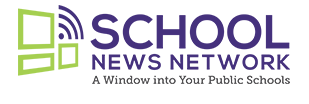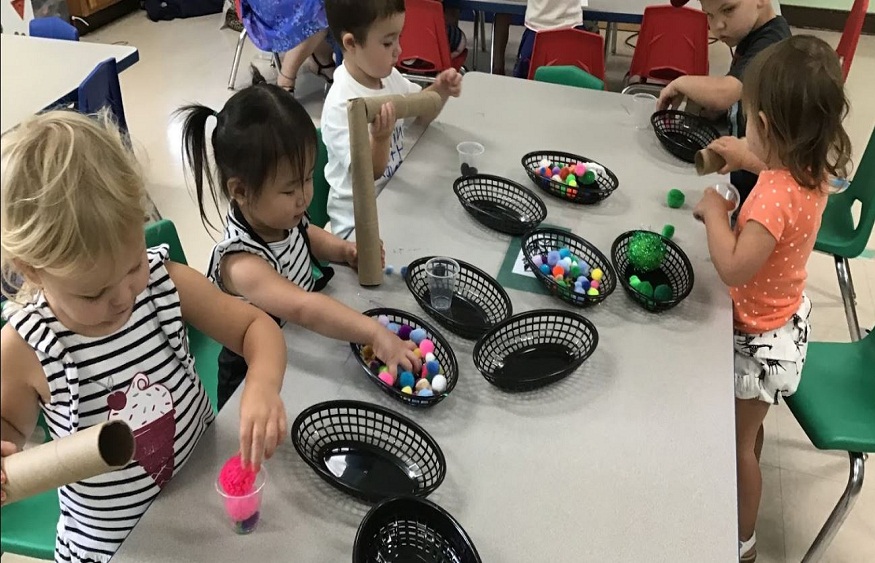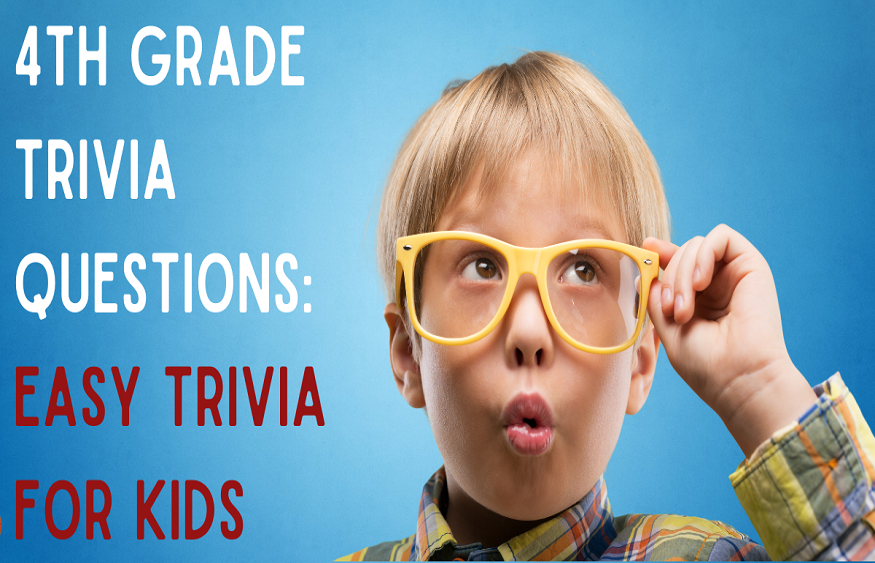Choosing the right daycare for your little one can feel overwhelming. For parents of one-year-olds and 18-month-olds, finding a safe, nurturing environment that promotes early childhood development is crucial. In New Jersey, the variety of daycare options is vast, but one educational approach stands out: Montessori. Let’s explore why Montessori daycare services provide an unmatched experience for toddlers in this crucial developmental stage and why it might be the best fit for your family.
Understanding the Importance of Early Childhood Education
The first few years of a child’s life are foundational. During this period, children develop essential cognitive, motor, and social-emotional skills. As a parent, you want your child to be in an environment that not only meets their basic needs but also stimulates their curiosity, fosters independence, and encourages social interaction.
In New Jersey, daycare options vary from traditional care to educationally focused settings. Many daycare centers offer structured programs, but the Montessori method sets itself apart by offering a more child-centered approach to early learning.
What is Montessori Daycare?
The Montessori method, developed by Dr. Maria Montessori in the early 20th century, is based on the belief that children learn best when they are allowed to explore and discover at their own pace. This approach emphasizes independence, freedom within limits, and respect for a child’s natural development.
For one-year-olds and 18-month-olds, Montessori daycares in NJ create an environment that is carefully prepared to meet their unique needs. The classrooms are designed with child-sized furniture, low shelves, and accessible learning materials. Children are encouraged to choose activities that interest them, fostering independence and confidence from an early age. This tailored approach ensures that daycare for 18 month olds in NJ supports their growth and development effectively.
Key Benefits of Montessori Daycare for One-Year-Olds and 18-Month-Olds
1. Individualized Learning Pace
At a Montessori daycare, each child is viewed as an individual with unique strengths, interests, and developmental timelines. Unlike traditional daycare settings, where all children might be expected to follow the same schedule and activities, Montessori teachers allow each child to progress at their own pace.
This is particularly beneficial for one-year-olds and 18-month-olds, as they are at an age where developmental differences can vary widely. Some children might be walking confidently, while others are still learning to take their first steps. Some may have begun to speak, while others are still in the early stages of language development. Montessori teachers observe each child closely and provide materials and activities that match their current stage of growth.
2. Focus on Independence and Self-Confidence
One of the core principles of Montessori is fostering independence. Even at the tender age of one or 18 months, children are encouraged to do things for themselves. Whether it’s choosing their own toys, pouring water into a cup, or putting away their belongings, Montessori gives toddlers the tools and opportunities to develop self-sufficiency.
This focus on independence nurtures self-confidence. When children are trusted to make their own decisions and complete tasks on their own, they gain a sense of accomplishment. In a traditional daycare, the schedule might be more rigid, with less opportunity for children to make choices for themselves. The Montessori method helps toddlers develop a positive self-image, which is crucial for their emotional and social development.
3. A Prepared Environment Designed for Exploration
Montessori classrooms are meticulously prepared to be child-friendly and conducive to exploration. For one-year-olds and 18-month-olds, this environment includes soft, safe spaces for crawling, climbing, and walking, as well as a variety of hands-on learning materials that promote sensory and motor skills.
The learning materials in Montessori are specifically designed to be engaging and purposeful. For example, toddlers might explore puzzles, stacking blocks, or simple tools that help develop fine motor skills. These activities are not just for entertainment but are chosen to promote concentration, problem-solving, and hand-eye coordination.
Unlike many traditional daycares, where toys are often used for passive play, Montessori materials are designed to teach specific skills, encouraging toddlers to engage with their environment actively. This active exploration promotes cognitive development and builds a foundation for future learning.
4. Emphasis on Social and Emotional Development
Montessori daycares prioritize the social and emotional well-being of children. From a very young age, toddlers are taught to respect one another, share, and work collaboratively. In the mixed-age classroom settings commonly found in Montessori schools, younger children have the opportunity to observe and learn from older peers, while older children practice leadership and empathy by helping the younger ones.
This emphasis on social interaction helps toddlers develop key social skills like communication, cooperation, and empathy. One-year-olds and 18-month-olds are in the early stages of learning how to interact with others, and Montessori daycares provide a nurturing environment where they can build these skills in a natural, supportive way.
5. A Calm and Respectful Atmosphere
Montessori classrooms are known for their calm, peaceful atmosphere. Teachers speak softly, and the environment is designed to be serene and orderly. This can be especially comforting for toddlers, who are often sensitive to loud noises and chaotic surroundings. The Montessori approach respects each child’s need for quiet and calm, allowing them to focus on their activities without unnecessary distractions.
In contrast, many traditional daycares can be loud and overstimulating, with busy schedules and large groups of children. The Montessori environment provides a more tranquil space for toddlers to explore and learn at their own pace.
6. Experienced, Nurturing Teachers
Montessori teachers undergo specialized training to understand the developmental needs of young children. In a Montessori daycare, teachers act as guides, observing each child closely and offering support when needed. They know when to step back and allow a child to explore independently and when to step in to provide encouragement or assistance.
For parents of one-year-olds and 18-month-olds, this means peace of mind knowing that their child is in the hands of professionals who are attuned to their developmental needs.
Why Montessori is the Best Choice in NJ
New Jersey offers a range of daycare services, but Montessori daycares like Monarch Montessori School NJ stand out due to their child-centered approach and emphasis on individualized learning, independence, and emotional development. For parents seeking a daycare that goes beyond basic care and actively promotes their child’s development, Montessori provides a nurturing, structured, and enriching environment tailored to the needs of toddlers.
In conclusion, when exploring daycare options for your one-year-old or 18-month-old in New Jersey, Montessori offers an unparalleled combination of individualized attention, a prepared environment for exploration, and a strong focus on social and emotional growth. Choosing Montessori means giving your child the best possible start in life, setting the foundation for a lifelong love of learning.




